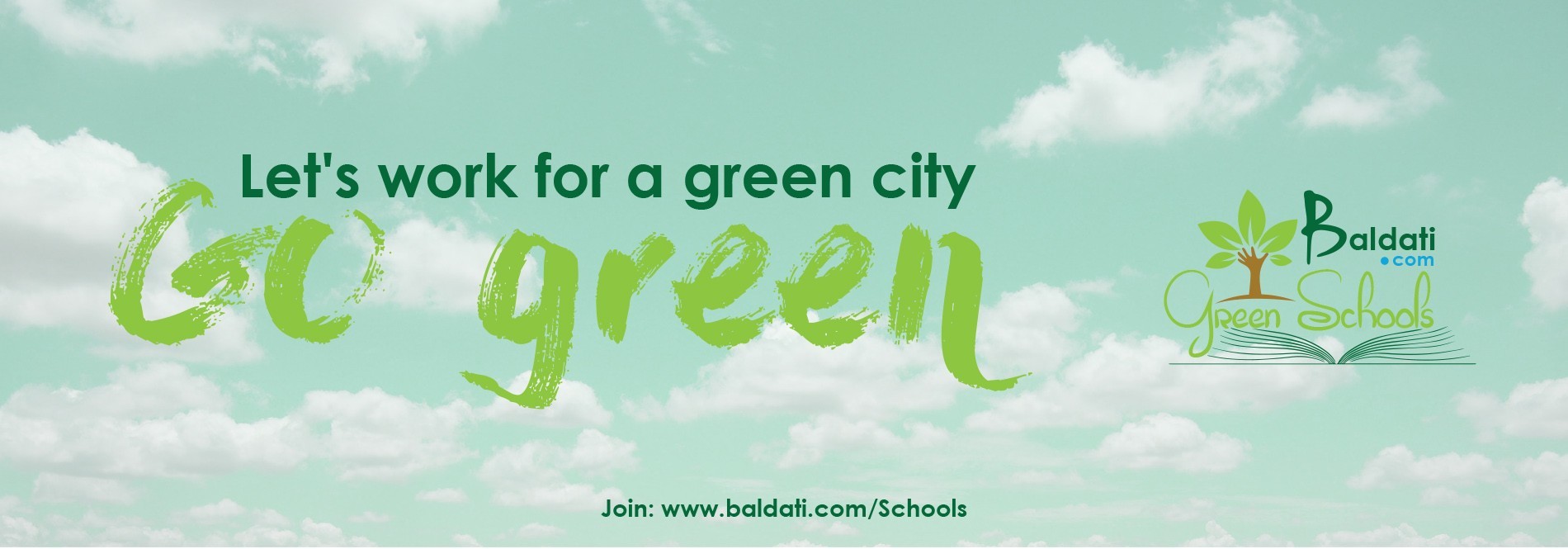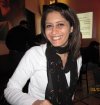A Saudi Arabian man who was arrested for bragging about his sex life on television has apologized for his comments while Saudi authorities discuss whether he should be charged with a crime, according to local media.
Mazen Abdul Jawad appeared earlier this month on Lebanese channel LBC's show "Red Lines," on which he discussed foreplay, sexual conquests and how he picks up women, all taboo subjects in deeply conservative Saudi Arabia.
According to the Saudi daily newspaper Arab News, Abdul Jawad has initiated a damage-control campaign and on Sunday "appeared in the pages of a local newspaper apparently wiping away tears from a handkerchief as he apologized and begged for forgiveness."
Abdul Jawad is a 32-year-old airline employee and divorced father of four.
In Saudi Arabia, pre-marital sex is illegal and unrelated men and women are not allowed to mingle.
According to Arab News, Abdul Jawad is not in jail and is considering filing a complaint against the show's producers for presenting him "in the worst possible manner by taking two hours of footage and condensing it down to a minutes-long segment."
Ashraf Al-Sarraj, the lawyer representing Abdul Jawad in his possible complaint against LBC, told Arab News, "We will study the case and eventually present it to the Ministry of Information."
According to the paper, "LBC refused to comment on the matter until it has more time to formulate a response."
The segment in question has, since its initial broadcast, been posted on YouTube and been viewed hundreds of thousands of times. It includes scenes of Abdul Jawad discussing his enjoyment of sex and how he lost his virginity at age 14. Abdul Jawad is also shown in his bedroom, where he holds up sexual aids to the camera. It ends with him cruising the streets of Jeddah, Saudi Arabia, in his car and looking for women.
CNN has been unable to reach Abdul Jawad, the Saudi Ministry of Justice or the Saudi Ministry of Information for comment.
http://edition.cnn.com/2009/WORLD/meast/07/27/saudi.sex.bragger/index.html







